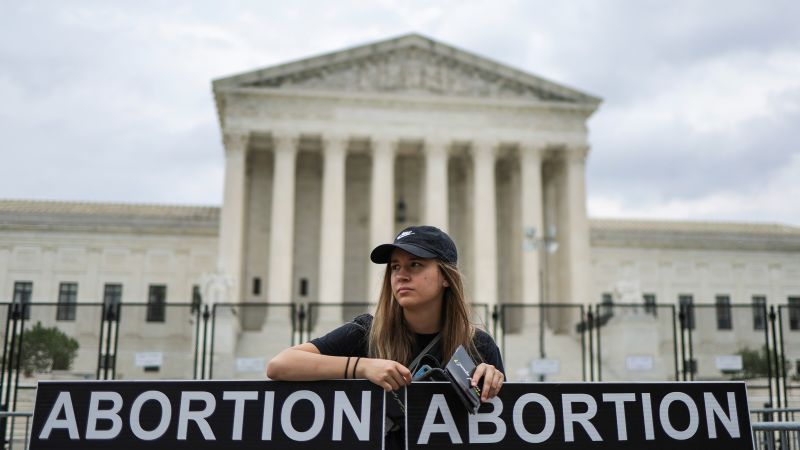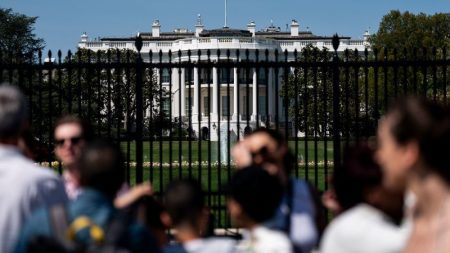Two years after the Supreme Court overturned Roe v. Wade, the Biden administration is challenging Idaho’s abortion ban in medical emergencies in a case being heard by the court. The Justice Department argues that federal law requires hospitals to offer abortions to stabilize emergency room patients, even in states like Idaho that ban the procedure. Attorney General Merrick Garland has characterized this case as part of the department’s efforts to protect and advance reproductive freedom after Roe’s reversal.
While the Idaho case has been overshadowed by another abortion case at the Supreme Court this year, it could potentially yield the most significant ruling on abortion since the 2022 Roe reversal. Idaho argues that the Biden administration is attempting to create a nationwide abortion mandate in hospital emergency rooms by retrofitting the federal law known as EMTALA. The Justice Department, however, argues that federal law supersedes state abortion bans that prohibit emergency room doctors from offering the procedure to women facing medical emergencies that are not yet life-threatening.
Anti-abortion advocates hope the Supreme Court will use this case to rebuke what they see as an unlawful effort by the Biden administration to undermine its decision in Dobbs v. Jackson, the ruling that overturned Roe. The Justice Department sued Idaho under EMTALA just over a month after the Dobbs ruling, ultimately succeeding in securing a lower court order blocking the state’s abortion ban in cases of medical emergencies before it was put on pause by higher courts. This case highlights the narrative that abortion bans, even with exemptions for life-threatening situations, can put the health of pregnant women at risk.
The bipartisan Congress enacted EMTALA in 1986 to address the issue of “patient dumping” by hospitals refusing emergency care to save costs. The Justice Department’s lawsuit against Idaho under this law demonstrates one of the few successful actions taken by the Biden administration to mitigate the effects of Roe’s reversal. This case also emphasizes the troubling narrative for the anti-abortion movement post-Dobbs, as abortion bans can endanger the health of pregnant women even with exemptions for life-threatening situations.
The Biden administration’s challenge to Idaho’s abortion ban in medical emergencies is part of their ongoing efforts to protect reproductive freedom in the aftermath of Roe v. Wade. The case could result in a significant ruling from the Supreme Court on abortion, potentially elevating the issue for Democrats in the upcoming 2024 election. Both sides of the debate have strong arguments, with the Biden administration emphasizing the need to provide necessary care for pregnant women in emergencies, while anti-abortion advocates argue against what they see as an overreach of federal law. The outcome of this case will have far-reaching implications for abortion access in the post-Roe era.














